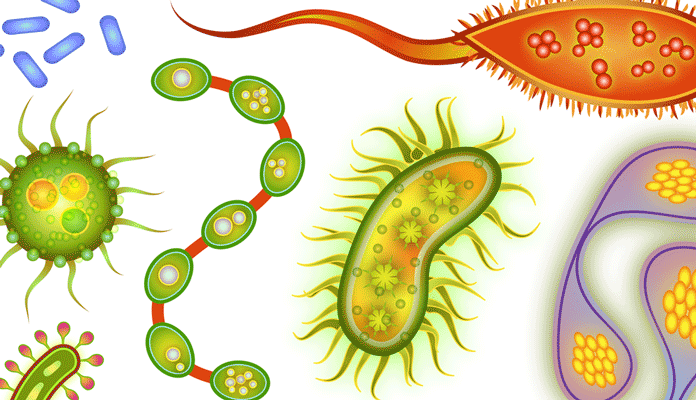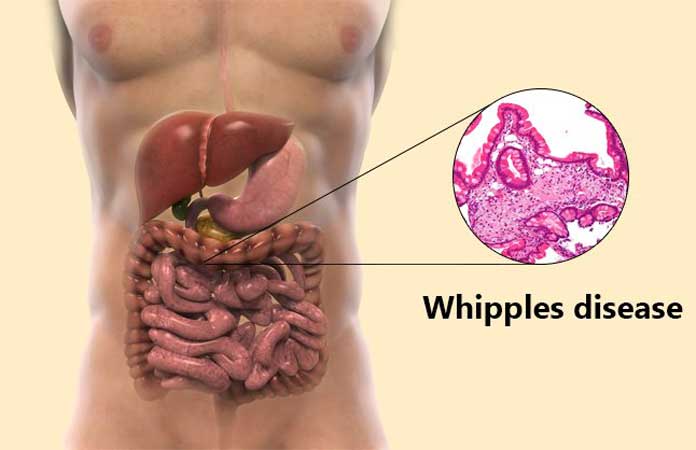Tetanus is a severe bacterial infection that can affect your nervous system and tighten muscle groups around the body. It is also known as lockjaw since the condition would lead to muscle contractions in the neck and jaw. However, it would eventually spread to other body parts. If left untreated, tetanus would be life-threatening. Fortunately, it can be prevented effectively through vaccination. Read on to learn more about the causes, symptoms, and treatments of tetanus.
4 Causes of Tetanus
Bacterial Infection
The main cause of tetanus in most people is the Clostridium tetani or C. tetani. This form of bacterial would penetrate your body via broken skin or open cuts. C. tetani often live in animal feces, dust, as well as soil. When they enter your deep wound, their spores might generate a powerful toxin called tetanospasmin. This substance will actively impair the motor neurons, which are responsible for controlling your muscles. In most cases, the incubation period might last from 3 up to 21 days before some signs such as spasms or irritability start to show up. The incubation period can vary, depending on the distances between your nervous system and the infected cuts. [1]










